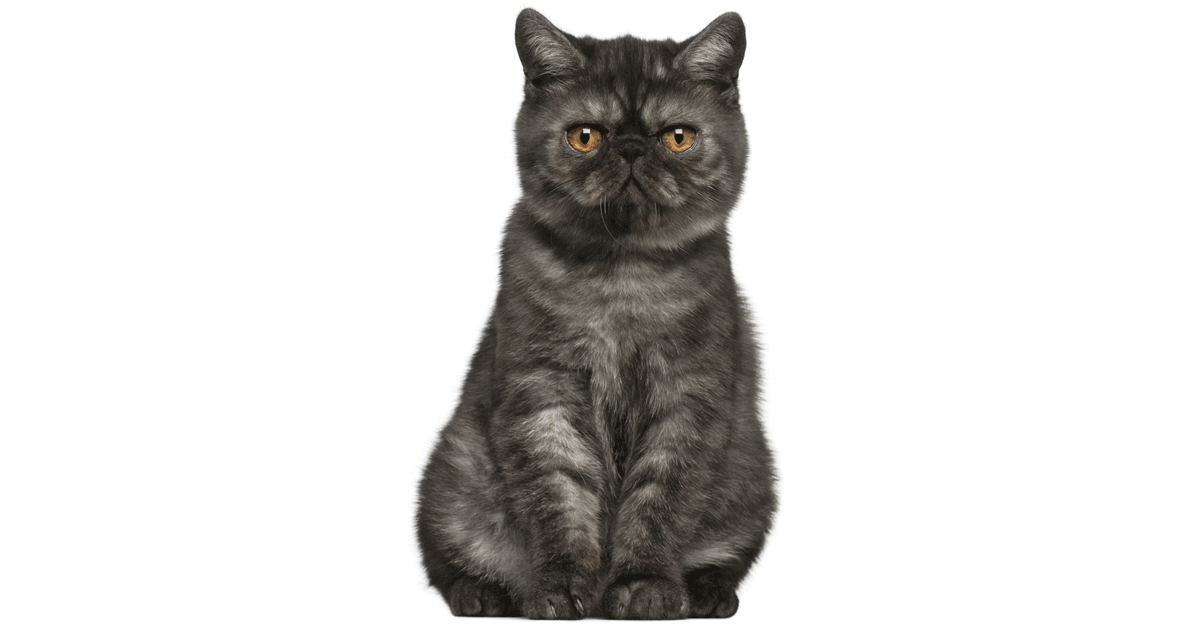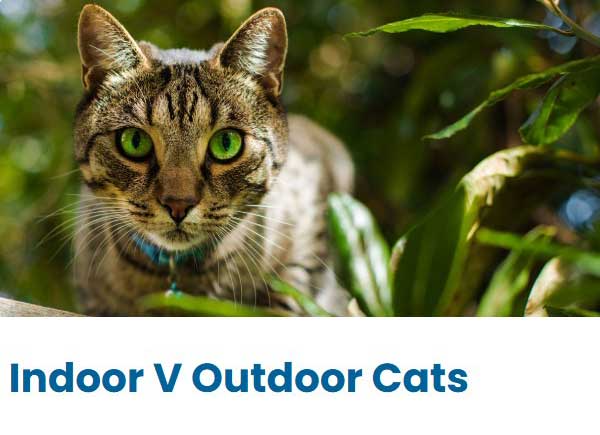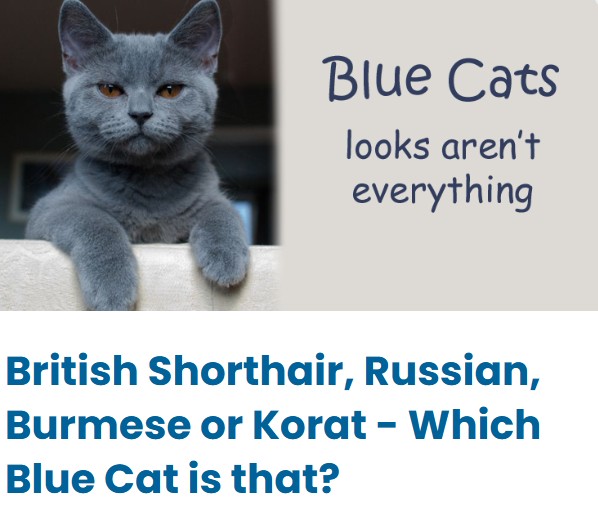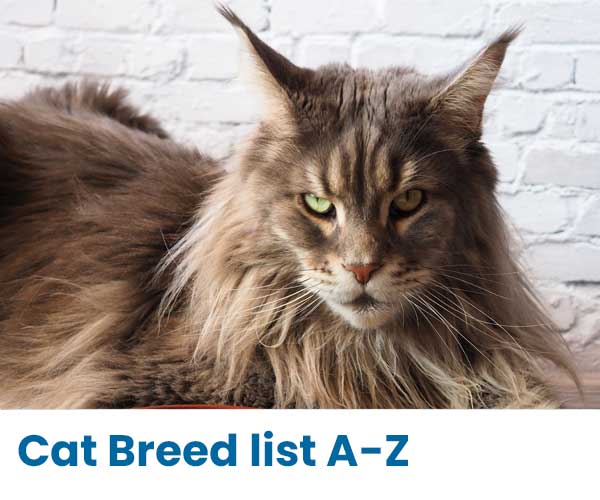Exotic Shorthair breed guide
The Exotic Shorthair is a breed of cat developed to be a shorthaired version of the Persian. They are similar to the Persian in many ways, including temperament and conformation, with the exception of the short dense coat. It has even inherited much of the Persian's health problems.
Exotic Shorthairs have a gentle and calm personality reminiscent of the Persian, but are livelier than their long-haired ancestors. Curious and playful, they are friendly to other cats and dogs. They don’t like being left alone, and need the presence of their owner (or of voices or smells reminiscent of their owner, such as a radio). They tend to show more affection and loyalty than most breeds and make excellent lap cats. Their calm and steady nature makes them ideal apartment cats for city dwellers. Nonetheless, Exotics retain some of the energetic spark of their American Shorthair forebears and they are often capable mouse hunters.
Unlike the high-maintenance Persian, the Exotic is able to keep its own furtidy with little human assistance, though weekly brushing and combing is recommended to remove loose hair and reduce shedding and hairballs.
As with other flat-faced animals, the Exotic's tears are prone to overflowing the nasolacrimal duct, dampening and staining the face. This can be relieved by periodically wiping the cat's face with a cloth moistened with water or one of the commercial preparations made expressly for the purpose.
This breed does not reach maturity until around two years of age and enters puberty fairly late. When two Exotic Shorthairs are crossed, they may produce longhaired kittens called “Exotic Longhairs” by the C.F.A. but considered Persian by other registering bodies. Externally they look like Persians.
If you are a small scale registered breeder and would like to be listed here, just contact us or follow a few simple steps to add your details yourself.
We welcome helpful comments and contributions to information about this breed by email






